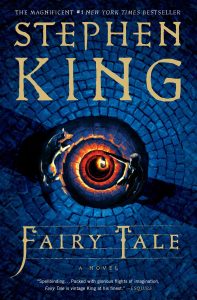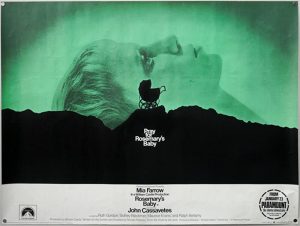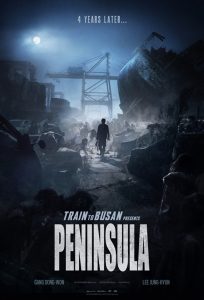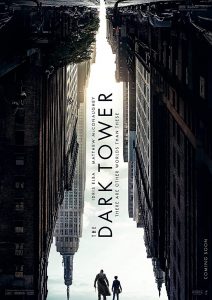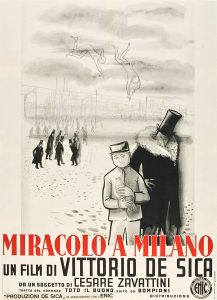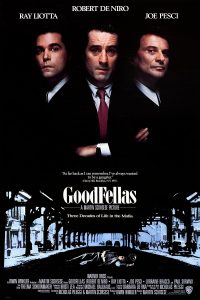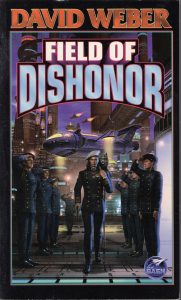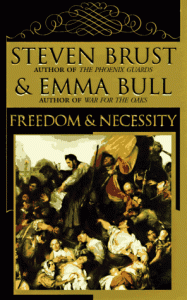 Kate Nepveu, who I think has a link on my sidebar, though I have no idea whether it is still a valid link, suggested that we do a group read of Freedom and Necessity. The idea being, well, it’s an epistolary novel, and we have all these dated letters, let’s do a read along like that one guy did with Dracula last year, or that other guy is doing with Moby Dick soon[1]. I had read the book before, but remembered almost nothing except for sense memories of the characters doing the writing, all of whom I was enamored of at the time and expected to be again.
Kate Nepveu, who I think has a link on my sidebar, though I have no idea whether it is still a valid link, suggested that we do a group read of Freedom and Necessity. The idea being, well, it’s an epistolary novel, and we have all these dated letters, let’s do a read along like that one guy did with Dracula last year, or that other guy is doing with Moby Dick soon[1]. I had read the book before, but remembered almost nothing except for sense memories of the characters doing the writing, all of whom I was enamored of at the time and expected to be again.
No suspense: I am still enamored of these characters. The story is… fine? I think it holds up better under months of tension, and even then would not hold up without the strength of the characters. That said, I liked the story plenty well when I read it all in a row, so maybe the delay was harmful in that respect. It’s not like it was familiarity breeding contempt, since it’s been 15+ years and I remembered, as I said, almost nothing.
Arguably, the rest of this review is spoilers, so probably don’t read it if you could be reading the book instead.
Anyway: Kitty is delightful but underutilized, James is a cipher (even when he isn’t, if you take my meaning, absent one glaring exception), Susan is a) great all around with the exception of b) still kind of a cheat of a character[2], and Richard… Richard was actually the star of the book for me, on this read. He started out as a pampered, bemused dilettante, and ended up as someone who was capable of loving and respecting people for who they are, not for what they brought to his life. Even people who don’t own country estates, which for a wealthy British man in the 19th century seems to be saying a lot.
And I mean, okay, since many of the characters started out great, maybe the one who had to grow into it shouldn’t be the star, but… I have read the book before, little though I remembered plot details. So between that and spreading it out, I for sure had more time to focus on character development than I might otherwise have done. So you see.
It was pointed out to me that there is sequel bait in the book, and man would I read the shit out of a sequel. So if Steven Brust and Emma Bull are listening out there, which they are not, I’m just saying, you already have your first sale.
[1] Soon then, currently now.
[2] If your novel is epistolary, and then you give a character an eidetic memory, you just end up writing a novel chapter instead of a letter.
